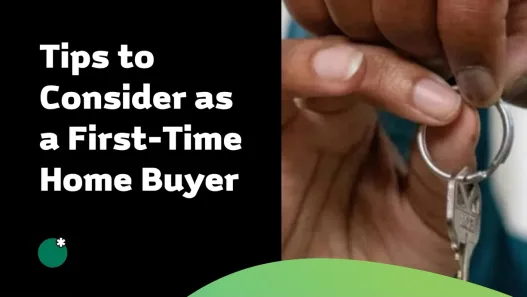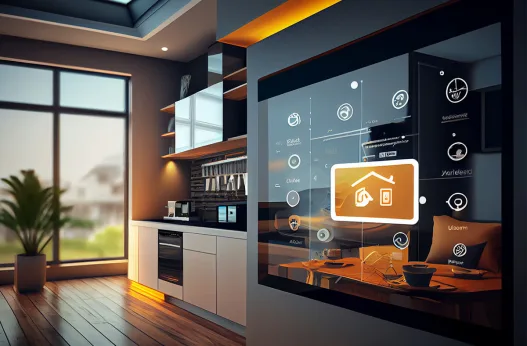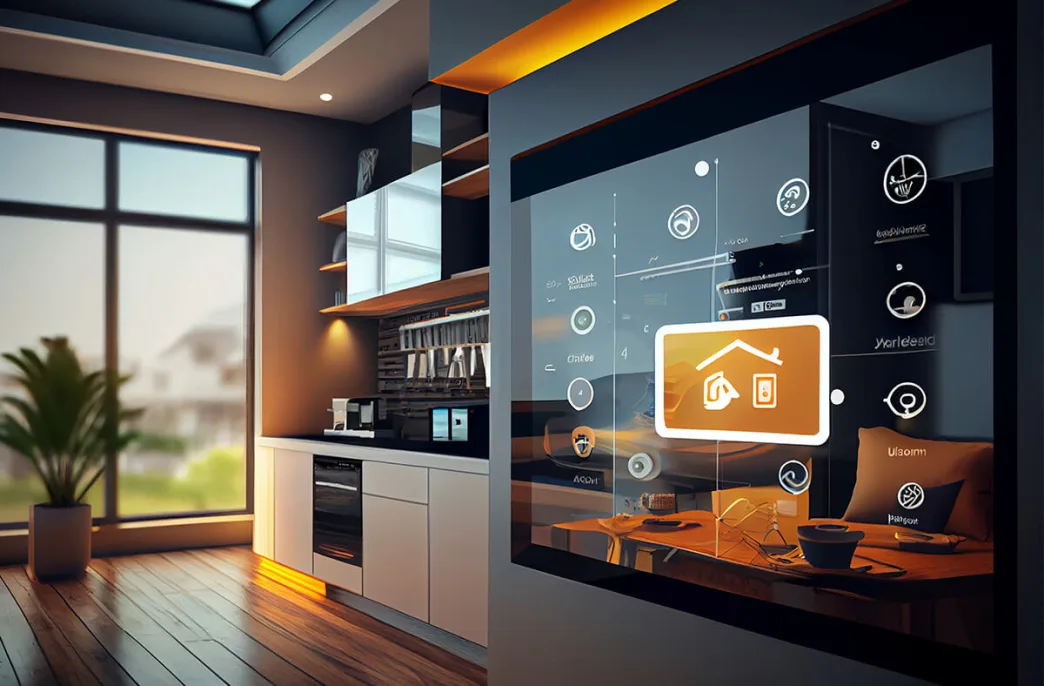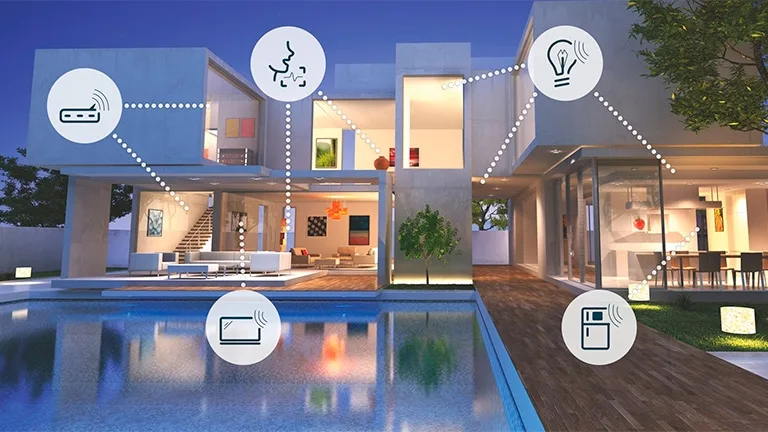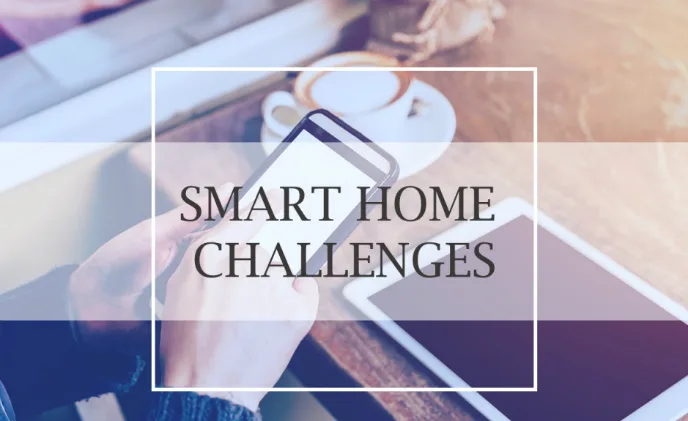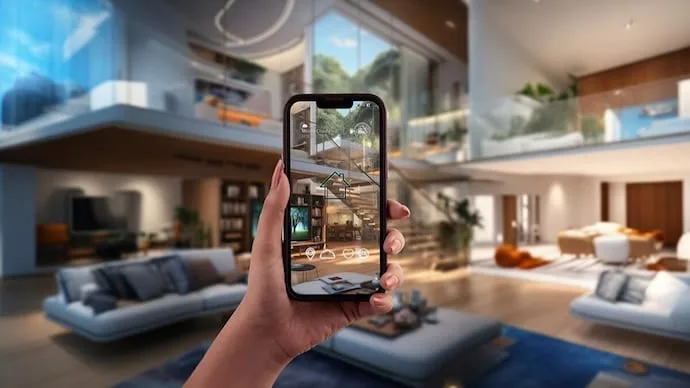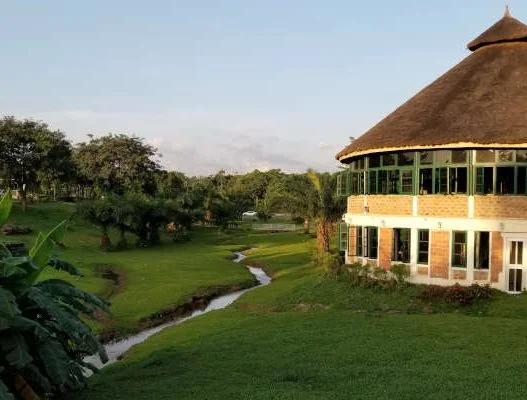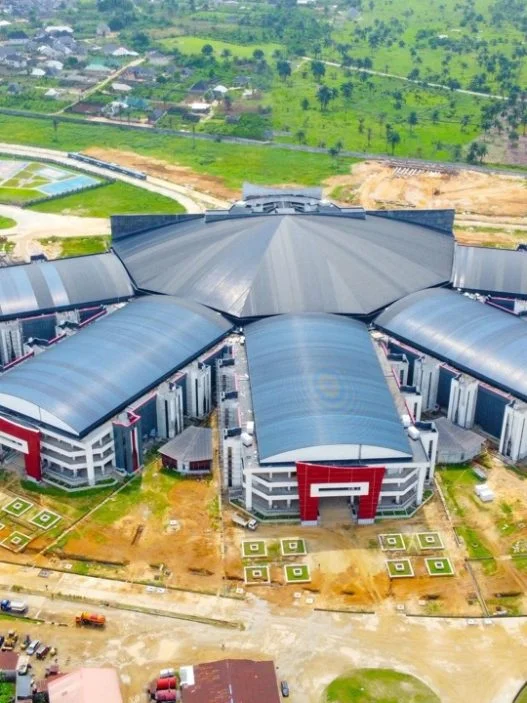The Current State of Smart Homes in Nigeria
As of 2024, smart homes are not widespread in Nigeria, with only about 20% of the population able to afford them. This is largely due to the high costs associated with smart home technology, which limits its accessibility to wealthy Nigerians. Smart home systems are expensive, both in terms of initial setup and ongoing maintenance. This financial barrier means that only wealthy Nigerians can afford the luxury of a smart home. However, there is a growing interest and aspiration among Nigerians to live in smart homes as they represent a soft life, a life of convenience, efficiency, and luxury.
Despite the current limitations, the future of smart homes in Nigerian real estate by 2025 looks promising. As more people become aware of the benefits of smart home technology, and as the cost of these technologies decreases, the adoption rate is expected to rise significantly.
The term “soft life” has gained popularity in Nigeria, particularly among younger generations who aspire to improve their living standards through technology. Smart homes, which integrate advanced systems like automated lighting, security, climate control, and entertainment, Represent this ideal. However, the question remains: will the future of smart homes in Nigerian real estate see broader adoption, or will these homes continue to be exclusive to the wealthy?
The Growing Demand for Smart Homes in Nigeria
Despite the current challenges, there is an undeniable growing demand for smart homes in Nigeria. This demand is driven by a desire for convenience, security, and a modern lifestyle. Smart homes offer solutions that match these desires, providing homeowners with the ability to control various aspects of their homes remotely, enhance security through advanced surveillance systems, and improve energy efficiency. Many Nigerians are now more tech-savvy and are looking for ways to integrate technology into their daily lives. This demand is not just limited to wealthy individuals but is also seen among the middle class, who aspire to improve their living standards.
The real estate market in Nigeria is beginning to recognize this demand. Developers are increasingly incorporating smart home features into new housing projects, particularly in urban areas like Lagos, Abuja, and Port Harcourt. These cities are home to Nigeria’s burgeoning middle and upper classes, who are more likely to invest in smart home technology. This trend is likely to continue, making smart homes more accessible to a broader segment of the population by 2025.
One notable example is the Eko Atlantic City project in Lagos, a massive real estate development that aims to create a modern, technologically advanced city on reclaimed land. Eko Atlantic is set to include residential, commercial, and recreational spaces, all integrated with the latest smart home technologies. This project reflects the growing trend of smart city initiatives in Nigeria, which are likely to accelerate the adoption of smart homes in the coming years.
Technological Advancements and Their Impact
The future of smart homes in Nigeria is closely tied to advancements in technology. As technology continues to evolve, smart home systems are becoming more sophisticated, efficient, and, crucially, more affordable. The integration of artificial intelligence (AI) and the Internet of Things (IoT) is revolutionizing the way we interact with our living spaces.
AI-powered systems can learn and adapt to the habits and preferences of homeowners, offering personalized experiences that enhance convenience and comfort. For example, AI can adjust lighting, temperature, and even music based on the time of day and the homeowner’s routine. These systems are becoming increasingly intuitive, requiring minimal input from users, which is a key factor in their appeal.
IoT, on the other hand, connects various devices and systems within a home, allowing them to communicate and work together seamlessly. This interconnectedness is the backbone of smart homes, enabling homeowners to control everything from security cameras to kitchen appliances through a single app or voice command. The potential of IoT in Nigerian homes is vast, especially as internet penetration continues to increase across the country.
However, one of the most promising technological advancements for the future of smart homes in Nigeria is the integration of renewable energy sources, particularly solar power. Nigeria’s electricity supply is notoriously unreliable, with frequent outages and fluctuations in power. This inconsistency poses a significant challenge to the widespread adoption of smart homes, which rely on a stable power supply to function effectively.
Economic Factors Influencing the Future of Smart Homes
Economic factors will play a significant role in shaping the future of smart homes in Nigeria. The country’s economy is expected to grow steadily over the next few years, which will increase the purchasing power of many Nigerians. As a result, more people will be able to afford smart home technology.
Furthermore, as the real estate market in Nigeria becomes more competitive, developers will be motivated to offer innovative solutions to attract buyers. This includes integrating smart home features into new housing projects, which will contribute to the growth of the smart home market.
The Nigerian government has also been making efforts to improve the country’s infrastructure, including electricity and internet connectivity. These improvements are essential for the widespread adoption of smart homes, as they provide the necessary foundation for these technologies to function effectively.
Expanding the Context: Socio-Economic Barriers and Opportunities
To understand the future of smart homes in Nigeria, it’s essential to delve deeper into the socio-economic factors currently limiting their adoption. Nigeria, with a population of over 200 million, is a country of stark contrasts. On one hand, it has one of the largest economies in Africa, driven by sectors such as oil and gas, telecommunications, and agriculture. On the other hand, the wealth distribution is highly unequal, with a significant portion of the population living below the poverty line.
This economic disparity directly impacts the real estate market and, by extension, the adoption of smart homes. For many Nigerians, the priority is securing basic housing, with little consideration given to advanced features like smart home systems. However, there is a growing middle class in Nigeria, driven by increased urbanization and economic growth. This middle class represents a significant opportunity for the future of smart home adoption in the country.
As the middle class expands, so does the demand for better living standards. This demographic is increasingly tech-savvy, with a strong interest in integrating technology into daily life. As a result, the smart home market in Nigeria is expected to grow, albeit gradually, over the coming years.
Challenges and Opportunities in the Nigerian Market
While the future of smart homes in Nigeria looks promising, there are still challenges that need to be addressed. One of the main challenges is the country’s inconsistent power supply. Smart homes rely heavily on electricity, and without a stable power supply, the full benefits of smart home technology cannot be realized.
However, this challenge also presents an opportunity for innovation. For instance, developers and technology providers can focus on creating energy-efficient smart home systems that can operate effectively even with limited power supply. Additionally, the adoption of renewable energy sources, such as solar power, can help mitigate this challenge and make smart homes more viable in Nigeria.
Another challenge is the high cost of smart home technology. While the middle class in Nigeria is growing, many people still cannot afford the expensive systems required for a fully integrated smart home. This challenge is closely tied to the country’s economic situation, as many Nigerians have limited disposable income.
To overcome this challenge, it will be essential for technology providers to develop more affordable smart home solutions. This could involve creating modular systems that allow homeowners to gradually upgrade their homes with smart technology, rather than making a large upfront investment. Additionally, financing options such as loans or payment plans could make smart home technology more accessible to a wider audience.
The Role of Government and Policy in Shaping the Future
Government policies and regulations will also influence the future of smart homes in Nigeria. The government can play a crucial role by creating a favorable environment for the growth of smart home technology. This could include providing incentives for developers to incorporate smart home features into their projects or offering subsidies to make smart home systems more affordable for the average Nigerian.
Moreover, the government can help drive the adoption of smart homes by investing in infrastructure development, particularly in the area of electricity supply. By improving the power grid and promoting the use of renewable energy, the government can help ensure that smart homes become a viable option for more Nigerians.
In addition, government policies that encourage innovation and entrepreneurship can help stimulate the development of new smart home technologies. For example, the government could support startups working on affordable smart home solutions through grants, tax breaks, or other incentives. By fostering a vibrant tech ecosystem, the government can help accelerate the growth of the smart home market in Nigeria.
Opinions on the Future of Smart Homes Post-2024
As we look toward the future of smart homes in Nigeria beyond 2024, several experts and stakeholders have shared their views on the direction the market is likely to take. Many believe that as awareness of smart home technology grows and the benefits become more apparent, more Nigerians will be willing to invest in smart homes.
Some experts also predict that by 2025, smart homes will no longer be seen as a luxury but as a necessity for modern living. This shift in perception will further drive the adoption of smart home technology across different segments of the population.
The Impact of Global Trends on the Nigerian Market
Global trends in smart home technology will also impact the future of smart homes in Nigeria. As the global market for smart homes continues to expand, more affordable and diverse smart home products will become available. This will provide Nigerians with a wider range of options, making it easier for them to find smart home systems that suit their needs and budgets.
Additionally, as more international companies enter the Nigerian market, competition will increase, which could lead to lower prices and better-quality products. This will further accelerate the adoption of smart home technology in Nigeria.
People’s Opinions on the Future of Smart Homes After 2024
As we look toward the future of smart homes in Nigeria beyond 2024, several experts and stakeholders have shared their views on the direction the market is likely to take. Many believe that as awareness of smart home technology grows and the benefits become more apparent, more Nigerians will be willing to invest in smart homes. Nigerians believe that as technology becomes more affordable and accessible, more people will be able to enjoy the benefits of smart home living
Some experts also predict that by 2025, smart homes will no longer be seen as a luxury but as a necessity for modern living. This shift in perception will further drive the adoption of smart home technology across different segments of the population.
There is also optimism that the government and private sector will work together to address the challenges facing the smart home market, such as the inconsistent power supply. With the right support and investment, smart homes could become a reality for a larger portion of the Nigerian population by 2025.
To gain more insights, we conducted interviews with various stakeholders in the Nigerian real estate and technology sectors. According to John Adewale, a real estate developer in Lagos, “Smart homes are the future of housing in Nigeria. As more people experience the convenience and security that these homes offer, they will become a standard feature in new housing developments.”
Similarly, Grace Olagunju, a technology enthusiast and homeowner, shared her thoughts: “I believe that in the next few years, smart homes will be more accessible to the average Nigerian. The key is to make the technology affordable and easy to use. Once that happens, I have no doubt that more people will embrace it.”
Conclusion
In conclusion, the future of smart homes in Nigerian real estate by 2025 looks bright. While there are still challenges to overcome, the increasing demand for convenience and security, technological advancements, and economic growth are all factors that will contribute to the growth of the smart home market in Nigeria.
As more Nigerians aspire to live a soft life, the adoption of smart homes is expected to rise, making them an integral part of modern living in Nigeria. By 2025, smart homes could become a common feature in many Nigerian households, transforming the way people live and interact with their homes.
Get the best of Real Estate delivered straight to your inbox weekly.
Real Estate updates the way you want it.

